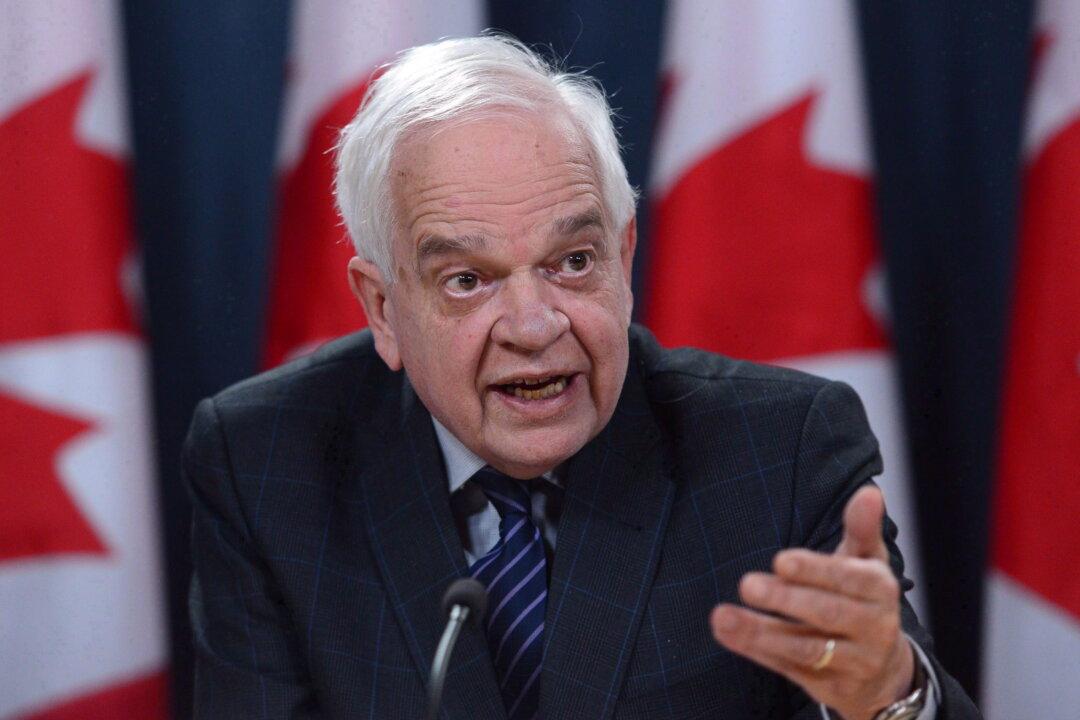News Analysis
TORONTO/OTTAWA—For John McCallum, Canada’s former ambassador to China and self-proclaimed “son-in-law of China,” the fiasco that culminated in his resignation started with a now-infamous press conference with a group of Chinese-language media in the Toronto area on Jan. 22.





